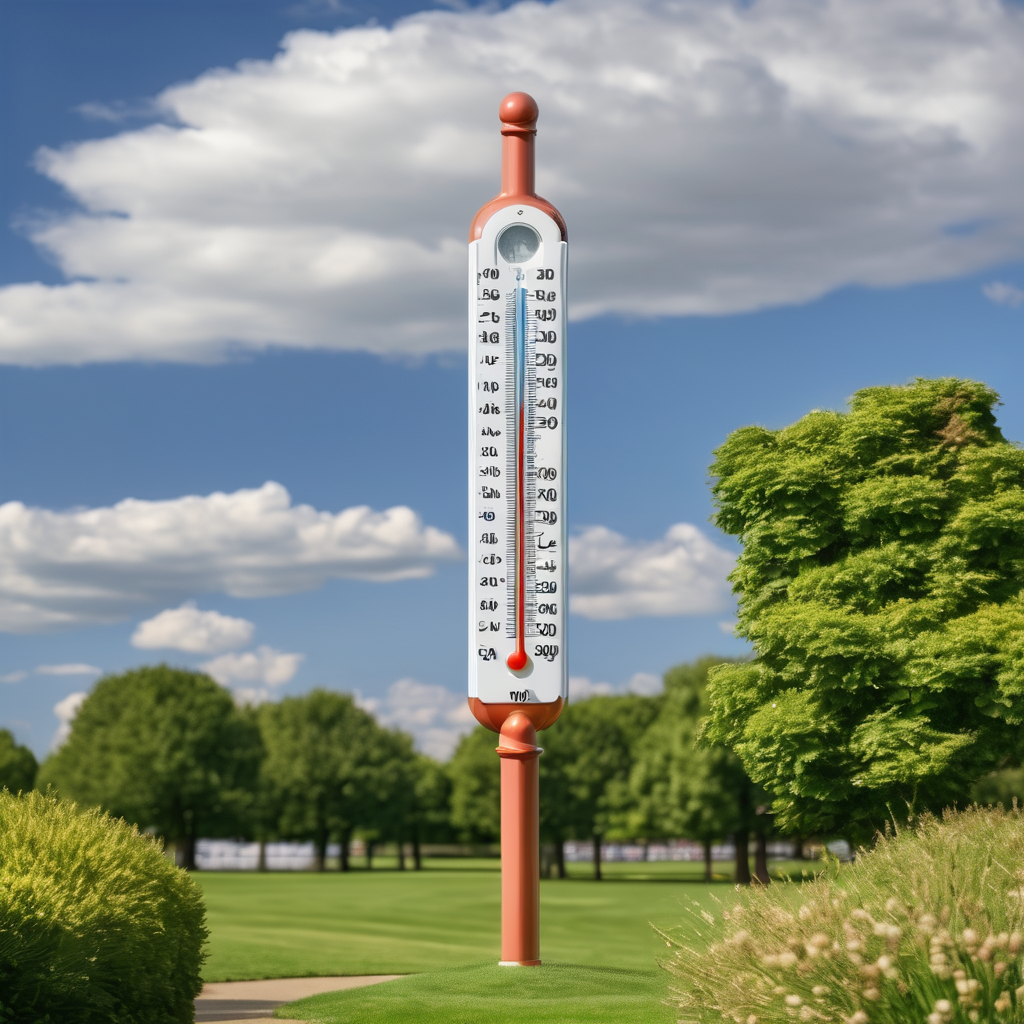A global climate monitoring organization has alerted that, despite noticeable advancements in the fight against climate change, the crucial momentum has come to a standstill at a critical juncture. The Climate Action Tracker, which evaluates over 40 nations responsible for more than 82 percent of global emissions, released its latest insights during COP30 in Belém, Brazil.
The findings illustrate that the Paris Agreement has successfully curtailed the trajectory of global warming. A decade ago, projections indicated a potential rise of 3.6 degrees Celsius by the century’s end; however, that figure has now been improved to 2.6 degrees. Niklas Höhne from the NewClimate Institute remarked on this notable change, stating, “The Paris Agreement has worked. We are now a full degree better than we were 10 years ago.”
Nonetheless, Höhne cautioned that progress has stagnated over the past four years, as countries have not bolstered their 2030 climate targets—those crucial for safeguarding the most vulnerable communities. He emphasized, “If you are serious about 1.5 degrees, you need to update your 2030 targets. 2035 is too late.” The report reveals that, despite new commitments targeted at 2035, the projected temperature increase remains unchanged at 2.6 degrees.
Among the governments monitored, Höhne expressed concern that “almost none” have made improvements to their 2030 targets. The report underscores that global emissions continue to rise, exacerbating severe weather events such as heatwaves, storms, and floods.
On a positive note, the report hints at an encouraging trend: the rapid expansion of renewable energy sources could lead to a significant decline in emissions once a peak is achieved. The message emerging from Belém is straightforward: while the world possesses the means to combat climate change, immediate actions from leaders are imperative.
These findings resonate strongly with previous reports from various organizations emphasizing the urgent need for enhanced climate action. The recent Emissions Gap Report from the UN Environment Programme pointed out that current climate pledges are insufficient to alter the temperature forecasts significantly, urging nations to commit to substantial emission reductions. This aligns with the call from UN Secretary-General António Guterres for prompt and decisive action to meet the targets of limiting global temperature increases.
As the world grapples with the ongoing impacts of climate change, there remains a glimmer of hope through technological advancements and the growing share of renewable energy investments. The current conditions present a vital opportunity for collaboration and innovation on a global scale, revealing the potential for remarkable achievements in combating climate change if leaders commit to swift and effective action.
